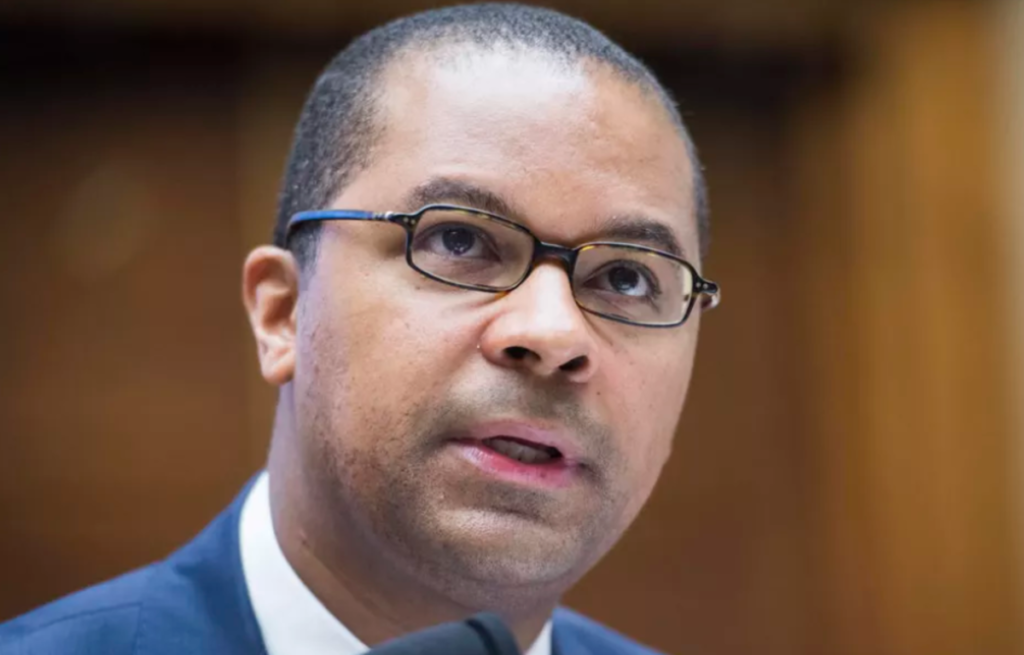‘Ample Evidence’ Telehealth Contributed to National Covid Response: FCC Commissioner Starks
Geoffrey Starks said adoption of telehealth services has ballooned during the pandemic.

WASHINGTON, March 8, 2022 — Federal Communications Commissioner Geoffrey Starks said the agency’s Covid-19 Telehealth Program is helping American communities battle the pandemic.
“Even early in the pandemic, experts agreed that receiving care remotely could both meet many patients’ needs and help prevent community spread of the coronavirus,” Starks said at the FCC’s Connected Health Symposium Thursday. “Now, two years into this pandemic, the Commissioner said “we have ample evidence to show that telehealth made a difference in the national response to COVID-19.”
The FCC’s Telehealth Program was announced in April 2021 and has set aside $200 million for health institutions to continue to provide remote care for patients. The Connected Health Task Force is a working group within the FCC charged with gathering public and private stakeholders to accelerate the adoption of the latest health care technologies.
Americans have embraced telehealth since the onset of the pandemic. Researchers at the Urban Institute found that during the first six months of the pandemic, one-third of Americans have had a telehealth visit for health care.
Lower-income Americans have also sharply increased their use of telehealth services. According to the Center for Medicare and Medicaid Services, telehealth visits for Medicaid and children’s’ health insurance programs enrollment increased by more than 2,600 percent since 2019.
Starks also noted that as community behaviors change while communities lift restrictions, the McKinsey foundation found that telehealth levels have stabilized — to thirty times higher than before the pandemic.
Starks said communities have the opportunity to “leverage once-in-a-generation broadband legislation to expand access to high-quality health care” by enabling greater access to telehealth.








